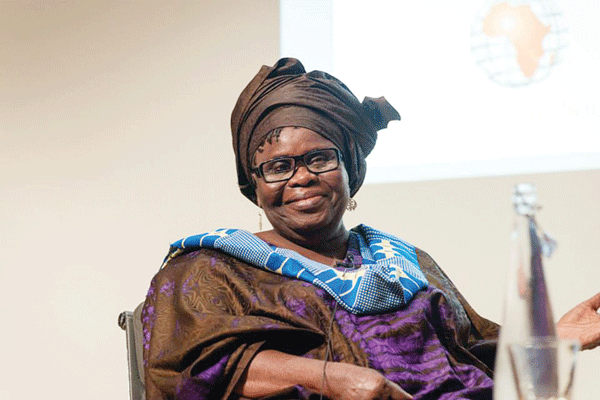
ALMASI Collaborative Arts is set to present a staged reading of the 1970 play, Anowa, by Ghanaian playwright, Ama Ata Aidoo, on December 17 at the Zimbabwe-German Society.
BY TAWANDA MUPASI

The play will be directed by Sandra Chidawanyika-Goliath, with auditions having been held last Thursday.
Elizabeth Muchemwa, of Almasi, said the play would be Chidawanyika-Goliath’s third stage reading.
“This will be Sandra’s third staged reading as a director. She directed the staged reading of No Good Friday by Athol Fugard in 2015 and Elephant Man by Bernard Pomerance in March 2016,” she said.
The cast of the play will be made up of Anowa, Kofi Ako Badua, Anowa’s mother Osam, Anowa’s father, Old Man and Slave Boy as well as Old Woman and Slave Girl.
The play is centred on the conflicts that arise when a strong-willed young woman, Anowa, rejects tribal conventions and settles for Kofi Ako, the man of her own choice, and is forced to live in self-exile as a result.
Set in late 19th century Ghana, the play explores emotions Anowa goes through when she soon finds out that after helping Kofi start a business and they subsequently become rich, all the wealth they have accumulated is no consolation for her inability to conceive and bear a child.
- Chamisa under fire over US$120K donation
- Mavhunga puts DeMbare into Chibuku quarterfinals
- Pension funds bet on Cabora Bassa oilfields
- Councils defy govt fire tender directive
Keep Reading
When Kofi Ako becomes involved with the slave trade, despite Anowa’s protests, she realises that he is not the man she thought he was.
This leads to the breakdown of their marriage and a tragic end for both of them.
Anowa’s tale forces us to reflect on contemporary social issues, as it explores recurring age-long universal themes of marriage, gender roles and the power of tradition and custom.











